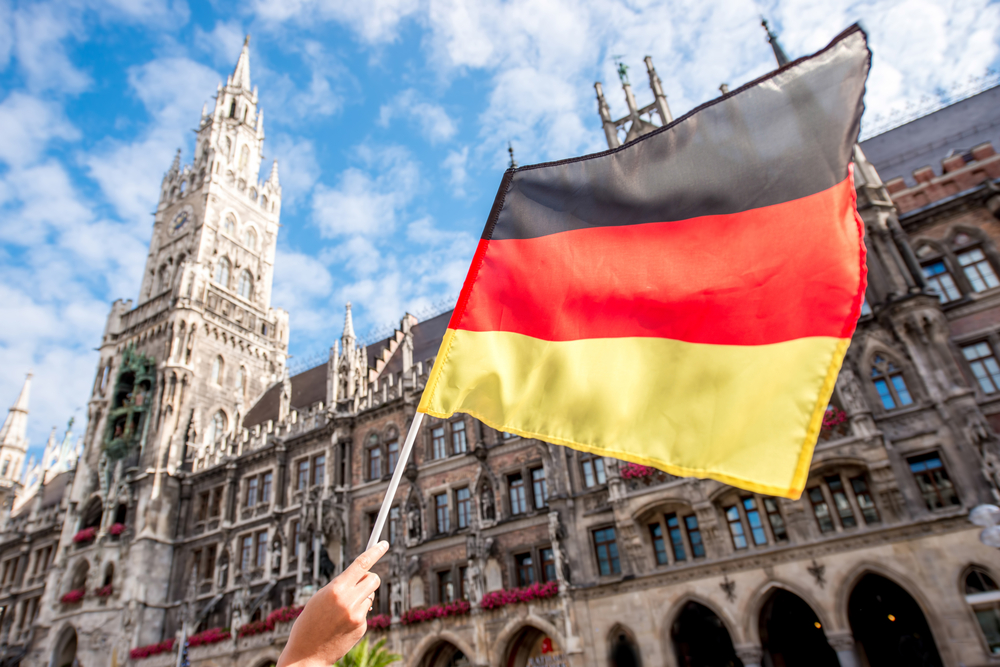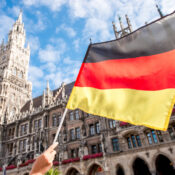
Regulated Professions in Germany
Regulated Professions in Germany: Requirements and Career Paths
Germany is known for its regulated professions (reglementierte Berufe), which require specific legal qualifications and certifications to practice. For individuals coming from abroad, it’s crucial to have their qualifications recognized and aligned with German standards. In this blog, we’ll explore the key requirements for regulated professions in Germany and the pathways to pursue a career in these fields.
What is a Regulated Profession?
Regulated professions are jobs that are subject to specific legal standards in Germany. To work in these fields, you must have specific qualifications or professional recognition (Anerkennung) from the relevant authority. Common regulated professions include:
- Healthcare Professions: Doctors, nurses, pharmacists, dentists.
- Education and Childcare Professions: Child development specialists, teachers.
- Technical and Engineering Professions: Architects, engineers.
- Legal Professions: Lawyers, notaries.
Requirements for Working in Regulated Professions
- Professional Recognition (Anerkennung):
The recognition process evaluates whether your diploma or professional qualifications meet German standards.- If gaps are identified, you may need to complete a training program (Anpassungsqualifizierung) or pass an examination.
- German Language Proficiency:
- Professions in healthcare and education typically require B2 or C1 level German proficiency.
- Technical professions may accept lower language levels, but effective communication skills are still essential.
- Licenses and Permits:
Some professions require special licenses or permits. For example:- Approbation for doctors.
- Berufserlaubnis for nurses.
Pathways to Enter Regulated Professions in Germany
- Through Education and Training
If you are starting a new profession, pursuing vocational training (Ausbildung) or university education in Germany allows you to learn the profession according to German standards.
- Through the Recognition Process
If you already have qualifications from abroad, you can apply for recognition in Germany. The process includes:
- Submitting your documents for evaluation.
- Addressing any identified gaps in knowledge or training.
- Completing additional training or passing an examination if necessary.
- Through Work and Study Simultaneously (Recognition Partnership):
If your qualifications are partially recognized, you can work for an employer while addressing the gaps in your training. This allows you to earn an income while progressing toward full recognition.
Example Profession: Child Development Specialist (Erzieher/in)
Child development specialists are in high demand in Germany. If you have a degree in this field:
- Recognition Process: Submit your diploma to the relevant authority in your federal state.
- Language Requirement: At least B2 level German is required.
- Workplaces: Daycare centers, kindergartens, and childcare facilities.
Benefits of Pursuing a Career in Regulated Professions
- High Job Demand: There are continuous job openings, especially in healthcare and education sectors.
- Competitive Salaries: Regulated professions typically offer higher wages.
- Professional Prestige: Working in compliance with legal standards enhances your professional reputation.
Conclusion
Regulated professions in Germany offer high employment demand and competitive salaries for qualified professionals. If you plan to pursue a career in these fields, the first step is to have your qualifications recognized and meet the language requirements. Our company is here to guide you through the process and help you open the door to a successful career in Germany.
For more information, feel free to contact us!
Enjoy your adventure, leave the procedures to us!



